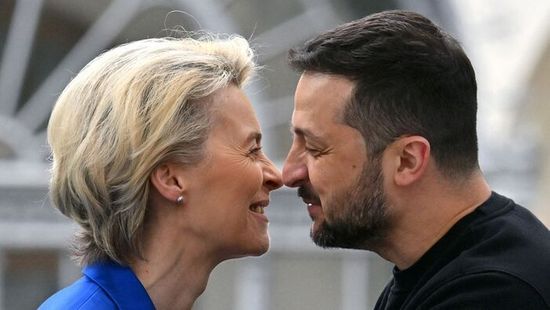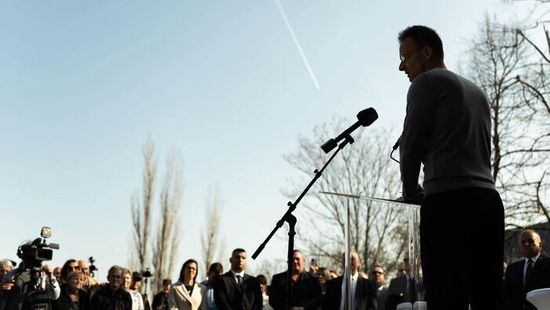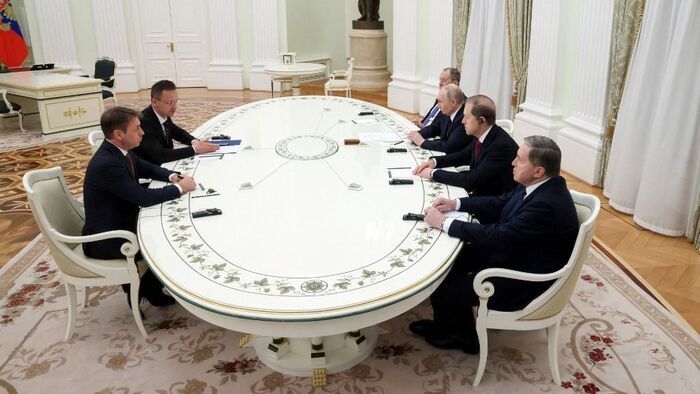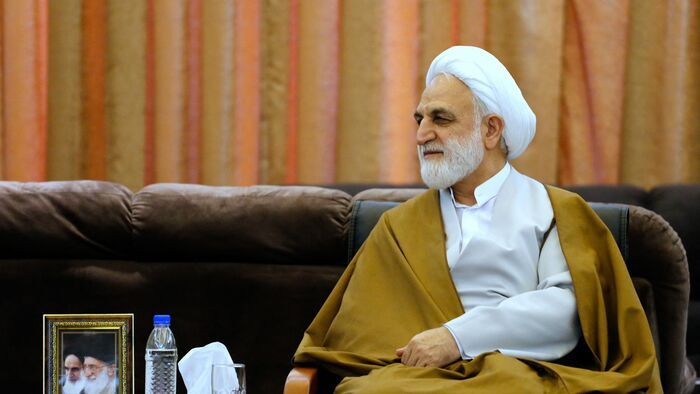Now may be the time to pose a few questions and say a few important things.
Let us say first of all that the enemies of my enemies are not necessarily my friends; what’s more, the friends of my friends are not necessarily my friends just as the enemy of my friend is not necessarily my enemy. Because this is the logic of empires. We, on the other hand, prefer to choose our own friends and enemies. How did Hugh Grant put it in Love Actually? “A friend who bullies us is no longer a friend – and since bullies only respond to strength, from now onward I will be prepared to be much stronger. And the president should be prepared for that.”
So, you see, Mr. Ambassador, that’s what this is all about. And don’t forget it: the enemy of our ally is only our enemy as stated in Article 5 of NATO. As you should also always keep in mind Mr. Ambassador that we cannot not belong to the West as we ourselves are the West – especially since we, Central and Eastern Europeans, have kept alive the former Western ethos which you eradicated to make way for the woke, neo-marxist, liberal fascist, BLM and LGBTQ revolution. So back off! We are indeed a part of the same alliance (which increasingly resembles the Delian League transforming into the Athenian Empire) but this does not mean that we are friends. As they say, why have enemies when you have friends like this…
Naturally there is no barrier to our allies making as many enemies as they would like. During the time of the Delian League, the Persians didn’t attack a single Greek, however they were still in need of enemies, weren’t they? Therefore, Athens pointed at whichever allied city-state they pleased and called it their enemy – just as you do today. Or, you call anyone you want a Persian, don’t you Mr. Ambassador? And you bring the ‘democratic tyranny.’ And what successes, parades, and blooming democracies follow in your path Mr. Ambassador: Vietnam, Iraq, Syria, Afghanistan, Yugoslavia – all success stories!
The Nazis dug mass graves based on race and they were convinced that this was the key to a brave new world. The communists dug mass graves based on class and they were convinced this was the key to a brave new world. You guys dug mass graves based on exporting democracy – and to this day you are convinced this is the key to a brave new world. And do you have anything to say Mr. Ambassador about who it was that actually provoked Russia into this war?























Szóljon hozzá!
Jelenleg csak a hozzászólások egy kis részét látja. Hozzászóláshoz és a további kommentek megtekintéséhez lépjen be, vagy regisztráljon!